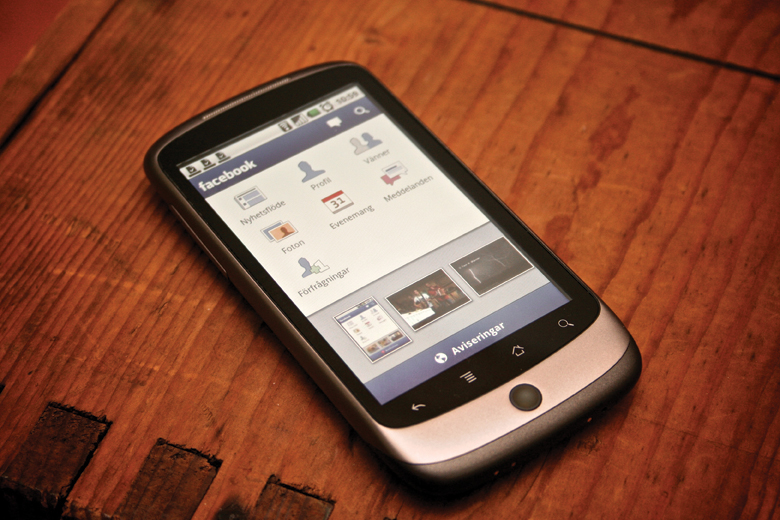
1.1 What economics is and why it's important Read Online
1.2 Microeconomics and macroeconomics Read Online
1.3 How economists use theories and models to understand economic issues Read Online
1.4 How economies can be organized: an overview of economic systems Read Online

To post or not to post? Every day we are faced with a myriad of decisions, from what to have for breakfast, to which route to take to class, to the more complex—“Should I double major and add possibly another semester of study to my education?” Our response to these choices depends on the information we have available at any given moment; information economists call “imperfect” because we rarely have all the data we need to make perfect decisions. Despite the lack of perfect information, we still make hundreds of decisions a day.
And now, we have another avenue in which to gather information—social media. Outlets like Facebook and Twitter are altering the process by which we make choices, how we spend our time, which movies we see, which products we buy, and more. How many of you chose a university without checking out its Facebook page or Twitter stream first for information and feedback?
As you will see in this course, what happens in economics is affected by how well and how fast information is disseminated through a society, such as how quickly information travels through Facebook. “Economists love nothing better than when deep and liquid markets operate under conditions of perfect information,” says Jessica Irvine, National Economics Editor for News Corp Australia.
This leads us to the topic of this chapter, an introduction to the world of making decisions, processing information, and understanding behavior in markets —the world of economics. Each chapter in this book will start with a discussion about current (or sometimes past) events and revisit it at chapter’s end—to “bring home” the concepts in play.
In this chapter, you will learn about:
What is economics and why should you spend your time learning it? After all, there are other disciplines you could be studying, and other ways you could be spending your time. As the Bring it Home feature just mentioned, making choices is at the heart of what economists study, and your decision to take this course is as much as economic decision as anything else.
Economics is probably not what you think. It is not primarily about money or finance. It is not primarily about business. It is not mathematics. What is it then? It is both a subject area and a way of viewing the world.
Robert Murphy has the right frame of mind and mastery of the subject matter to provide the best possible pedagogy.
The logic is super clear. The organization is impeccable.
It achieves a great balance between "plain old" economics and that aspect of economic thought that is considered particularly Austrian.
Therefore, it prepares the student for both conventional economic studies in the future and provides the logical rigor and policy clarity that only the Austrian School perspective can offer.